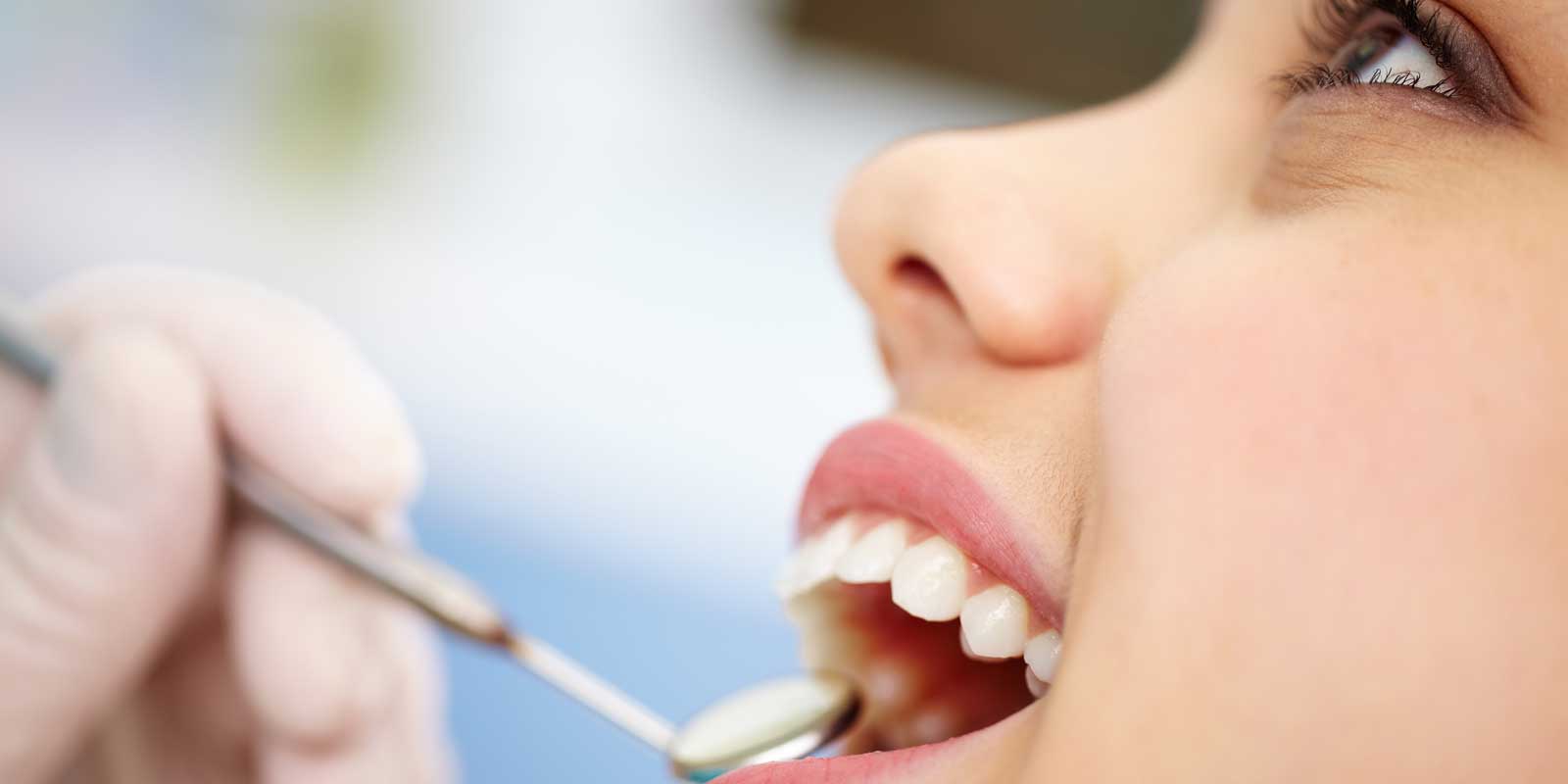Taking care of the teeth is vital to stop and prevent bleeding gums. Most people don’t value caring for the gums as part of oral hygiene. This is important for a healthy mouth. If you are not taking care of the gums, you are at risk of oral issues. The gums offer support for the teeth and the mouth so if you ever see gum bleeding take immediate action.
Problems like bleeding gums could indicate that the gums were not treated properly, and they need urgent attention. You don’t need to alarm if you see the gums bleeding; you only need to seek help to prevent bleeding gums from progressing to a more serious gum problem. Some people have bleeding gums and gingivitis; they don’t take the issues seriously.
Research shows that in America, one in two people have some type of gum issues. Few of them seek treatment. The difference between the occurrence of gum issues and the low levels of medical treatment can be blamed on the lack of knowledge of the effects periodontal issues may have on the overall wellbeing. Some studies have shown that periodontitis is associated with various conditions like diabetes and heart conditions, so it should be taken seriously.
Schedule Appointment
Causes of Bleeding Gums
The most frequent cause is the bacteria and harmful plaque which can be found around or at the gum line, which can lead to gingivitis. Gingivitis is a gum disease that needs medical treatment and better dental hygiene to remove it. If it is not taken seriously, bleeding gums can cause a more complex problem known as periodontitis.
Bleeding gums should not be ignored. They can be developed by the deficiency of vitamin K, leukemia, bleeding disorders, scurvy, hormonal changes, or the uses of blood thinners. In case you experience bleeding gums, see your dentist determine the causes.
Treatments and prevention
There are various methods to help stop bleeding gums at home and improve oral health. Bleeding gums can be caused by inadequate removal of plaque from the teeth at the gum line. It is important to start an effective dental care routine to treat and stop the bleeding gums.
The following are some of the tips that can help you to stop gum bleeding and keep your dental healthier and strong.

Brushing often
Use a toothbrush with soft-bristle to clean the teeth in a circular motion; this will help in stimulating the gums and prevent bleeding and make the tissues that surround the teeth strong and healthier.
Use anti-gingivitis toothpaste
When you suffer from gum bleeding, you can consider anti-gingivitis toothpaste. This will help to neutralize the plaques that are around the teeth and gum line. The toothpaste will also help to repair weak enamel. If the teeth are sensitive, the toothpaste should target the root cause of the problem and offer fast relief. The toothpaste is formulated to prevent early symptoms of various teeth and gum issues.
Flossing
Flossing will help to prevent gum bleeding and maintain effective oral hygiene. Flossing will help to remove plaque that can be at and around the gum line causing bleeding gums and other dental problems.
You can also combine various treatments and products for better results. You can use different products to keep the gums, teeth, and the mouth strong and healthy. A complete routine with different products and treatments can work together to prevent and stop bleeding gums.
Avoid tobacco
The use of tobacco can damage the teeth and gums; it can also cause gum disease. To stop and prevent bleeding gums, it is important to stop using tobacco.
Go for check-ups
If you have any dental problems, it is important to go for dental checkups often. Plaque and bacteria can cause serious problems beyond gingivitis such as week teeth enamel. If you go for checkups, the dentist can clean the teeth and remove tartar and plaque, which cannot be eliminated at home. It will help stop gum bleeding and keep the teeth and gums healthy and strong. Ensure that you visit the qualified dentist for your teeth cleaning and examination once in six months. This will help to prevent or stop any gum issues from developing into a serious problem.
Healthy lifestyle
Eat a balanced diet, and avoid snacking sugary foods. This will help to prevent and stop bleeding gums. Healthy gums start with a healthy lifestyle.
There are various ways that you use to stop the gums from bleeding. The steps should be followed each day to work effectively.
Use a brush with a small head and soft bristles and when brushing, pay attention to the gum line.
Use a mouthwash for the prevention and treatment of bleeding and gum issues.
If you experience bleeding gums or spot issues with the gums and teeth before you have any signs, you can call your dentist. Report every detail to the dentist to help treat the problem before progressing into a serious problem.
You can see the gums bleed when brushing; this means that you may have gum disease or problem, and it can cause bad odor, receding gums, inflamed gums, and even tooth loss. If you see blood when brushing, every day or occasionally, it is important to see a dentist.
Reasons for bleeding gums
Various reasons can cause the gums to bleed. Some of them include plaque and bacteria. These can irritate the gums if not removed, leading to bleeding, redness, and inflammation.
Other reasons include using a hard brush, over-brushing, new toothbrush, poor oral hygiene, poor flossing, and some medications.
Problems such as bleeding gums can be a sign the gums are not cared for, and they need urgent attention. You don’t need to panic if you see the gums bleeding; you only need to need to seek help to prevent bleeding gums from progressing to an advanced form of gum problems. Regardless of the reason why your gums are bleeding, it is important to see your dentist examine and investigate the condition and its symptoms and can advise on how you can prevent or treat bleeding gums.
